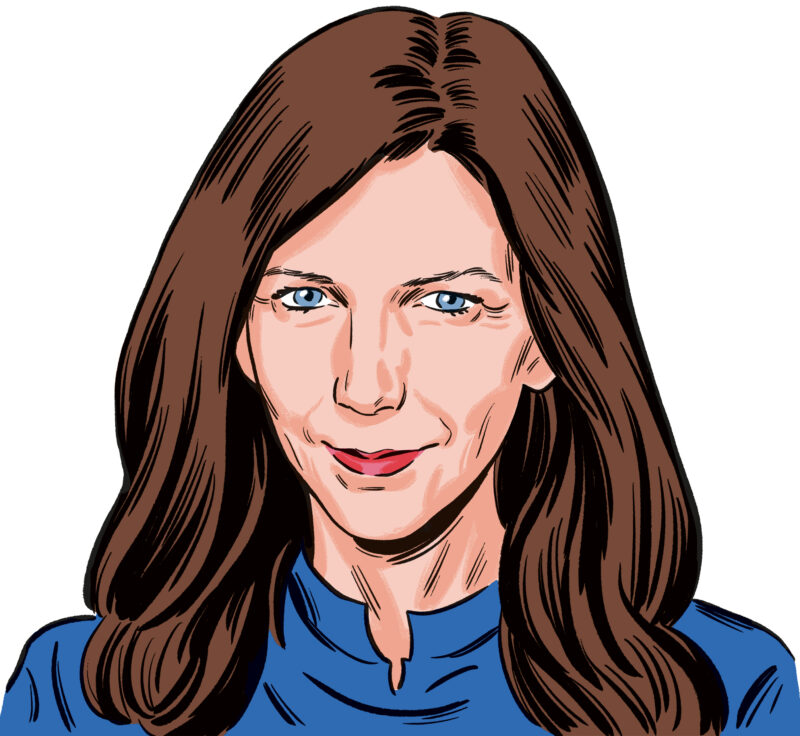It is February when Chicago Public Schools (CPS) announces that they will be pushing back the start of the school year, from August 19th to August 26th. The reason: Chicago will be hosting the Democratic National Convention the week of the 19th. It is an understandable decision. There will be at least fifty thousand people arriving in Chicago for the convention, not counting thousands of volunteers, and those coming for the planned protests; it will be one of the largest events here in decades. CPS has safety, traffic, and other logistics to consider.
This logic does not stop a conservative news organization from spreading word that this is a way to recruit CPS students into the DNC, as volunteers or attendees, part of an ongoing mayoral attempt to impose “radical leftist” politics upon unsuspecting young people.
You have reached your article limit
Sign up for a digital subscription and continue reading all new issues, plus our entire archives, for just $1.50/month.
Already a subscriber? Sign in





